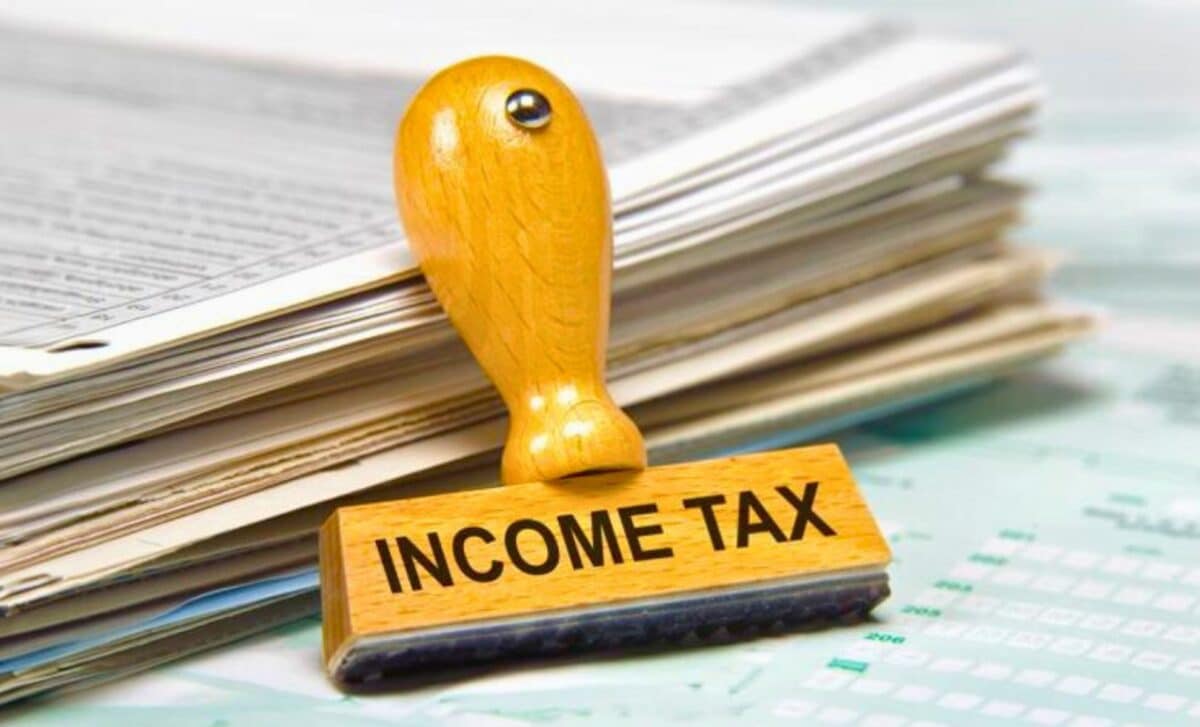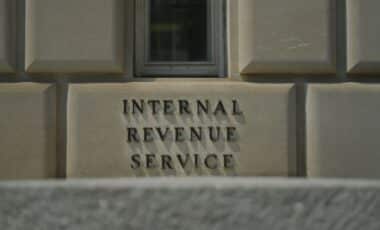The Scottish National Party (SNP) is under pressure from the country’s financial services sector to recognize the ineffectiveness of its income tax increases and reverse them before the next Scottish budget.
As a government, the Scottish Financial Enterprise (SFE) has been criticized for repeatedly raising taxes and widening income tax bands, which it says has damaged investment and the ability of businesses to attract and retain talent.
SFE Urges Scottish Government to Align Income Tax Rates with the UK
| Key Concern | Percentage Impacted | Affected Group |
|---|---|---|
| Concern about the impact of tax divergence | 81% | SFE Members |
| Concern that changes harmed investment | 66% | SFE Members |
The IFS discovered that higher income tax rates had impeded migration to Scotland, increased tax evasion, and decreased labor effort. Since the tax increases have not resulted in the anticipated increase in tax income, they have called for a halt to any tax increases until more information is obtained.
Impact of Scottish Income Tax Rates
Under current SNP policies, Scotland’s income tax rates exceed those in England, particularly the top rate of 48p, which is 3p higher than in England. The table below summarizes the current tax bands in Scotland:
| Tax Band | Rate | Income Range | Compared to England |
|---|---|---|---|
| Top Rate | 48p | Over £150,000 | 3p higher than England |
| Higher Rate | 42p | £43,663 to £150,000 | 2p higher than England |
| Basic Rate | 20p | Up to £43,662 | Same as England |
Sandy Begbie (CEO, SFE): “We have pursued an evidence-based approach on this issue, which has now been vindicated by the IFS. The data strongly suggests that further tax rises would be counterproductive. The Government must instead recognise that its divergence policy is not working and take action to begin changing course.”
Craig Hoy (Scottish Conservative): “SFE is the latest respected and independent organisation to come to the common sense conclusion that the SNP Government’s higher income tax levels are not working. The Scottish tax regime makes it harder to achieve economic growth and is discouraging skilled workers from coming to Scotland.”
Scottish Government Defends Tax Policies Ahead of Key Budget Debate
A spokesperson from the Scottish Government defended the tax policies, stating:
“Scotland’s tax policies are grounded in evidence and carefully balance the need to raise revenue with the impacts on taxpayers and the economy. Our tax base continues to grow strongly, with data from the RTI PAYE system showing Scotland experienced faster earnings and tax-per-head growth than the rest of the UK in both 2022-23 and 2023-24.”
This issue is expected to be addressed in the upcoming 2025-26 Scottish Budget, which is scheduled for presentation on December 4. The outcome of the debate will be crucial in shaping Scotland’s economic future and its ability to compete with other parts of the UK.









